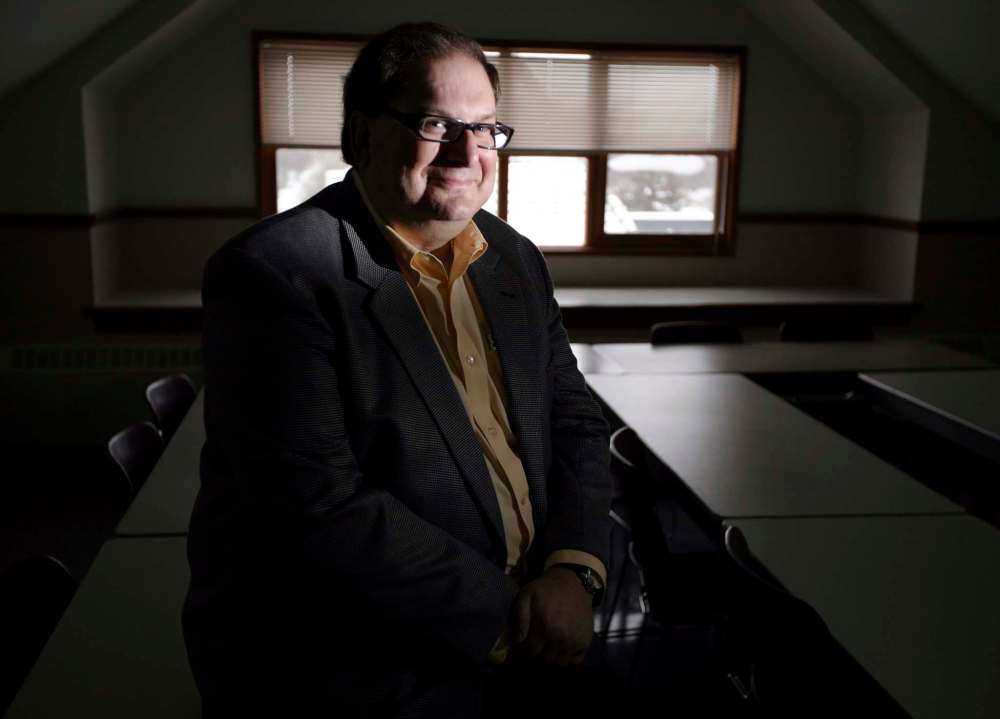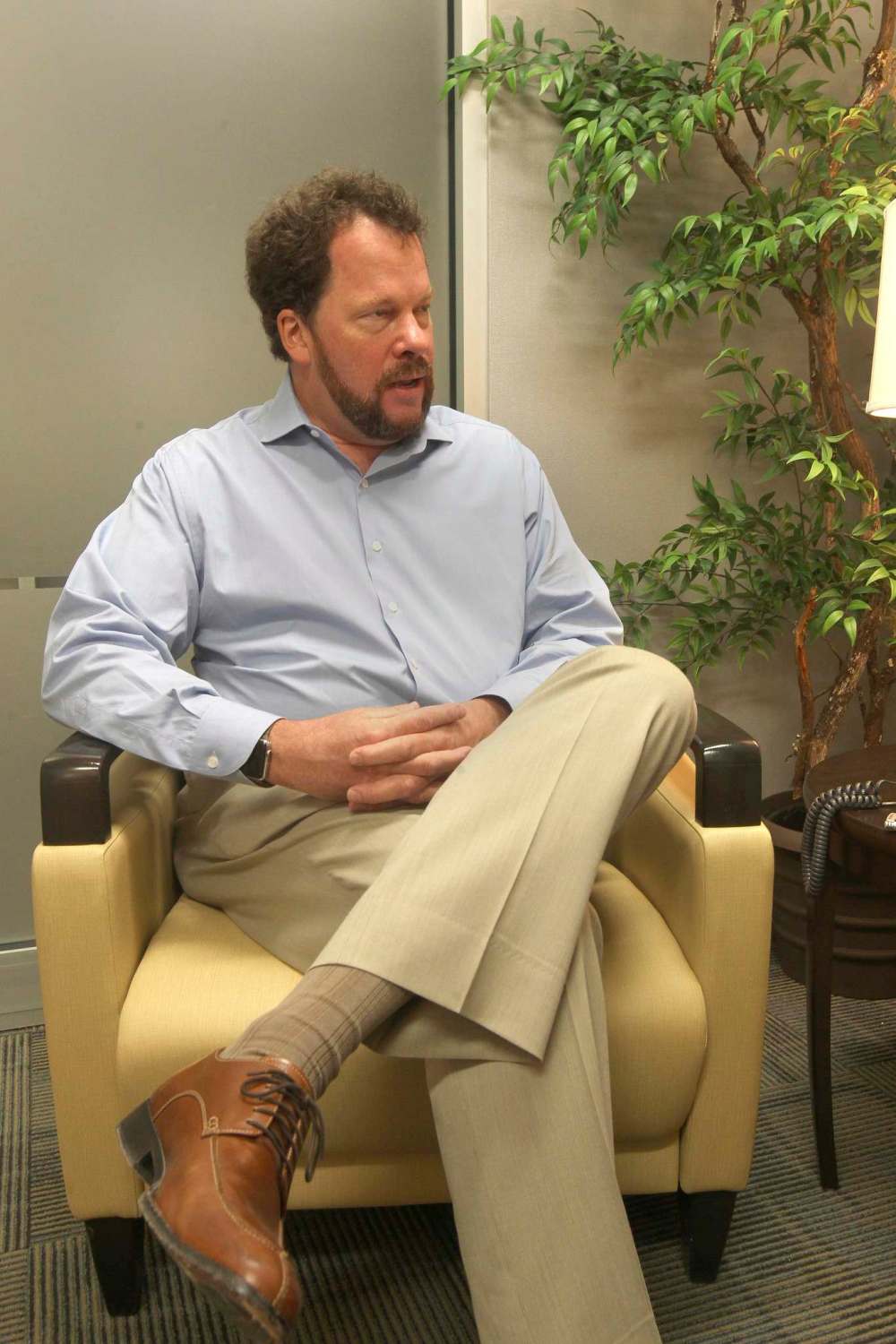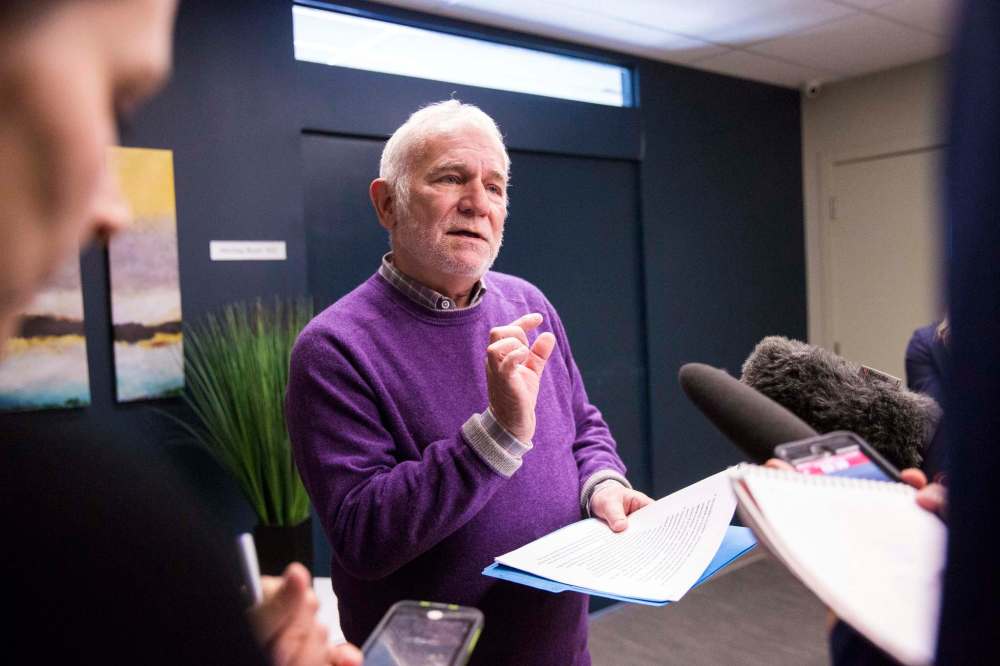WRHA’s chief medical officer fall guy for blundered ER consolidation, expert says
Advertisement
Read this article for free:
or
Already have an account? Log in here »
To continue reading, please subscribe:
Monthly Digital Subscription
$0 for the first 4 weeks*
- Enjoy unlimited reading on winnipegfreepress.com
- Read the E-Edition, our digital replica newspaper
- Access News Break, our award-winning app
- Play interactive puzzles
*No charge for 4 weeks then price increases to the regular rate of $19.00 plus GST every four weeks. Offer available to new and qualified returning subscribers only. Cancel any time.
Monthly Digital Subscription
$4.75/week*
- Enjoy unlimited reading on winnipegfreepress.com
- Read the E-Edition, our digital replica newspaper
- Access News Break, our award-winning app
- Play interactive puzzles
*Billed as $19 plus GST every four weeks. Cancel any time.
To continue reading, please subscribe:
Add Free Press access to your Brandon Sun subscription for only an additional
$1 for the first 4 weeks*
*Your next subscription payment will increase by $1.00 and you will be charged $16.99 plus GST for four weeks. After four weeks, your payment will increase to $23.99 plus GST every four weeks.
Read unlimited articles for free today:
or
Already have an account? Log in here »
Hey there, time traveller!
This article was published 13/06/2019 (2372 days ago), so information in it may no longer be current.
A retired Brandon University professor who was involved in a major hospital consolidation effort in Toronto in the late 1990s says Dr. Bruce Roe seems to have been made the scapegoat for a botched process that was largely out of his control.
The Winnipeg Regional Health Authority parted ways with Roe, its vice-president and chief medical officer, on Wednesday.
The WRHA offered no explanation for the departure, although sources told the Free Press it was due to fallout over the provincial government’s controversial hospital reform efforts.

Alan Levy, an expert in human resources and labour relations, said the problems that have been brought to light in recent weeks have more to do with the organizational culture at the WRHA — and the combative nature of the Tory government — than the performance of a single individual.
“I think there’s a larger problem and, to some extent, he’s being the fall guy,” Levy said.
Consultant Dr. David Peachey delivered a 72-page assessment of the hospital reform process four weeks ago, prompting the Manitoba government to place a six-month pause on some of its planned changes. The report also spurred the province to replace Concordia’s ER with an urgent care centre, instead of a walk-in clinic, as it originally planned.
Peachey wrote that an exodus of doctors, nurses and other professionals from Concordia in recent months had raised questions about patient safety. He described “deep-seated unhappiness” among ER doctors and nurses throughout the city. And he raised questions about the ability of St. Boniface Hospital’s emergency room to deal with additional volumes once Concordia’s ER was shut down.
Levy said it’s apparent that the provincial government has moved too quickly in instituting the changes. From an outsider’s perspective, it also appears that the system overhaul has been a top-down process.
“It’s 1950s management. ‘You’re going to do what we tell you to do and be happy you have a job.’ That’s nonsense. The world doesn’t work like that anymore,” he said.

Levy, originally from Winnipeg, spent 25 years working in health administration in Toronto, where he was heavily involved in the consolidation of services and administrative functions of three hospitals with a total workforce of 20,000. The process took five years.
The amalgamation went relatively smoothly without a major union grievance being filed, he said.
“Clearly, with this kind of organizational change, there’s going to be conflict,” Levy said of the Winnipeg situation. “So the way in which you do it is you don’t ram it down people. You have to do this in a collaborative, positive fashion. You’ve got to get the unions behind you.”
That means meeting workers, floor by floor, in each hospital and listening to concerns, setting up bear-pit sessions, if necessary, between doctors and nurses and senior management in a manner that assures staff that there will be no consequences for speaking out, he said.
The Pallister government’s often adversarial approach has not helped, the retired prof said.

“The premier always wants a fight, whether it’s the federal government (or) the unions. He’s always up for a fight. Well, it’s the wise person who knows how to resolve conflict,” said Levy, who continues to work as a mediator and arbitrator.
Under the government’s hospital reform plan, six emergency rooms in Winnipeg are being reduced to three. The three facilities losing their ERs will get urgent care centres (treating non-life-threatening conditions) in their place. Several other health services are being shifted around the city in the massive reorganization.
While he has no position on whether the government’s overall plan is correct, Levy said he is concerned when he hears proponents say that the Winnipeg plan is based on ideas that have worked elsewhere.
He believes major changes, such as the ones Winnipeg’s hospitals are undergoing, must be home-grown.
“The needs of Winnipeg aren’t the needs of any other city in the country,” he said.

larry.kusch@freepress.mb.ca

Our newsroom depends on a growing audience of readers to power our journalism. If you are not a paid reader, please consider becoming a subscriber.
Our newsroom depends on its audience of readers to power our journalism. Thank you for your support.





